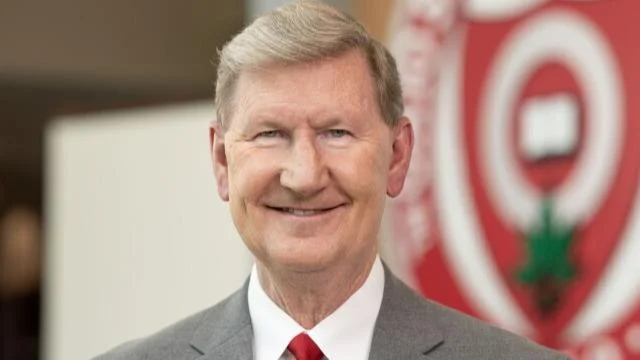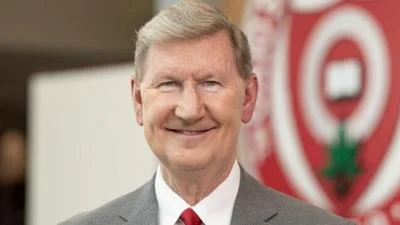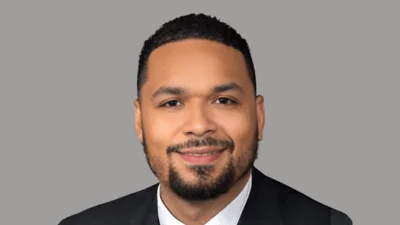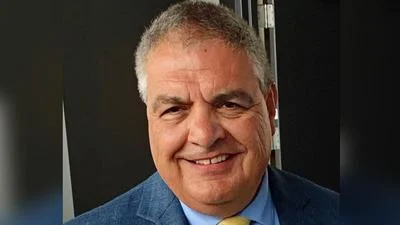Walter “Ted” Carter Jr. President at Ohio State University | Official website
Walter “Ted” Carter Jr. President at Ohio State University | Official website
As part of the Big Table discussions held citywide on Sept. 25, The Ohio State University hosted several sessions across its Columbus campus to promote civil discourse. Launched in 2016 by the Columbus Foundation, the Big Table is a community conversation initiative aimed at fostering a more kind and just future for central Ohio.
Ohio State students, parents, faculty, staff, and community members gathered at Curl Hall for a lunchtime discussion coordinated by the Office of Student Life. The discussion centered on the university’s Listen. Learn. Discuss. platform.
Listen. Learn. Discuss. is a set of skill-based resources designed to promote respectful listening, discussing different points of view, building trust with one another, and navigating complex conversations both on and off the Ohio State campus.
“One of the things that we operate from in the Office of Student Life, specifically, is the desire to understand what the big problems are and then to quickly start to move to solutions,” said Melissa Shivers, senior vice president of Student Life. “It does no one any good to stay in the place of despair and frustration. How do we start to move issues forward for the betterment of the community? The Big Table is just one of the many ways that we at Ohio State, and certainly in the city of Columbus, do this incredibly well.”
The Big Table allows the Office of Student Life to bring together people from diverse backgrounds to discuss various topics affecting their lives, said Tracy Stuck, assistant vice president of Student Life.
“Student Life has been a part of this program since 2017,” she said. “The concept is a lot of times we just don’t get around the table and meet people that we don’t know and have discussions that we don’t talk about all the time.”
Aaron Yarmel, associate director of Ohio State’s Center for Ethics and Human Values, led the discussion offering tools to facilitate civil discourse: have curiosity, be charitable and be constructive.
“We’re blessed to have a lot of different positions about all the issues that matter to us,” he said. “But what we’re also finding, and what I think a lot of us are experiencing is that ideological diversity itself is never going be sufficient for civil discourse. And that’s where we need our tools to be able actually have conversations across disagreements.”
Throughout the session representatives from various university departments convened in small groups with community members engaging in dialogue prompted by questions Yarmel posed such as “What’s the most recent meaningful discussion you had?” and “How is it possible to engage people with different viewpoints in constructive conversations?”
At session's end representatives from each group shared insights and key takeaways.
“I appreciate all your willingness to go deeper places sharing unique stories and experiences in a room full people,” Shivers told participants. “You probably don’t know half people in room but you allowed yourself present engaged it’s gift all given today incredibly grateful brought.”
More information about Listen. Learn. Discuss., including events ways students faculty staff involved found website.






 Alerts Sign-up
Alerts Sign-up